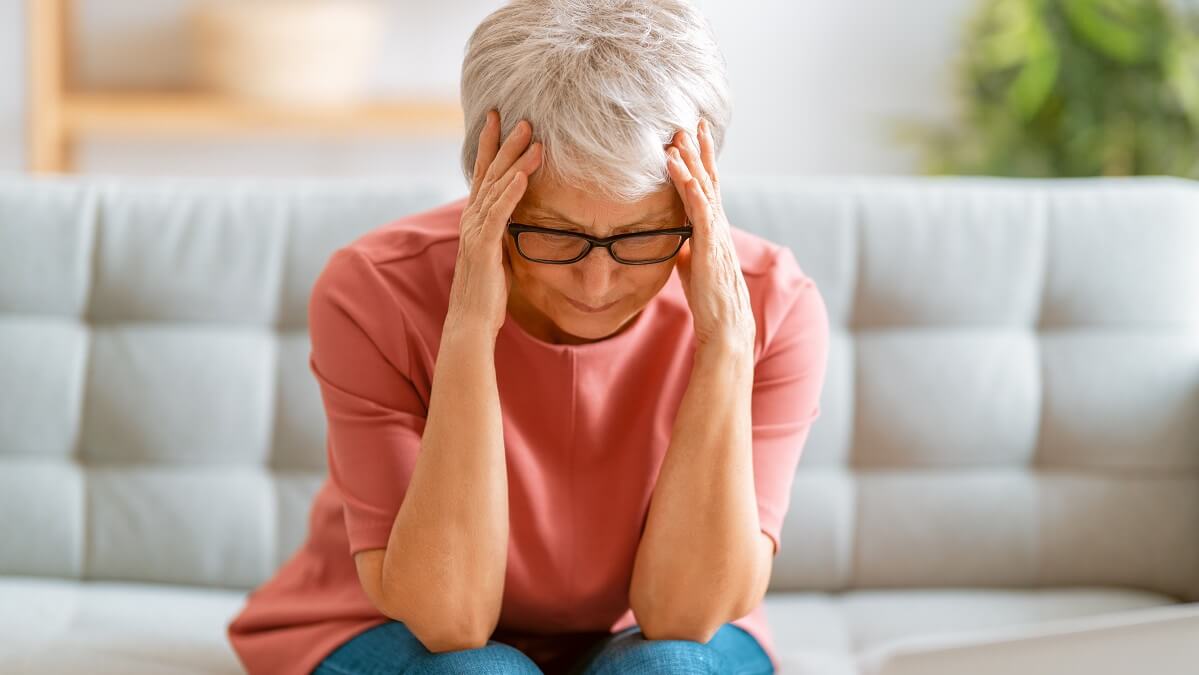Australia’s army of unpaid caregivers are dealing with an enormous amount of mental, physical and emotional stress, according to new research. And they need support.
A CareSide study reveals just how many of our millions of caregivers are close to burnout – and the number is alarming.
It says carer burnout is a very real concern for Australia’s more than 2.65 million unpaid caregivers, who are providing the equivalent of almost $78 billion in healthcare services annually.
Who are the carers and who are they caring for?
CareSide surveyed 707 unpaid caregivers between November and December last year and found a number of disturbing trends.
First, the vast majority of caregivers are women (91 per cent compared with 9 per cent of men). Although many measures have been implemented to address gender inequality in the workplace, they haven’t really extended to the domestic realm – and caregiving is no exception.
Caregivers also tended to be older than the general population.
Only 6 per cent of respondents were younger than 44, 75 per cent were 55 or older, and 40 per cent were 65 or older. Forty per cent of caregivers reported caring for a spouse or partner. Another 38 per cent cared for a parent or parent-in-law, and 21 per cent cared for an adult child.
How do they feel about their role?
Overall, caregivers indicated they felt burnt out and exhausted most of the time. Ninety-four per cent said they either agreed or strongly agreed with that statement.
Such high levels of burnout shouldn’t be a surprise, because for many people, caregiving takes up more time than a full-time job.
More than 40 per cent of respondents said they provide 60 hours of unpaid caregiving work or more every week; another 13 per cent did more than 40 hours.
Caregiving also isn’t typically a short-term commitment. Fifty-one per cent of respondents said they had been providing care for more than five years, while 18 per cent had been caring for more than three years.
Despite the long hours, 41 per cent said they felt fulfilled by their role as a caregiver and that the work they did mattered.
No time for self-care
The caregiver role may leave people fulfilled, but it tends to leave no time for caregivers themselves to see to their own health and wellbeing.
In the survey, 92 per cent of respondents either agreed or strongly agreed that they often neglected their own needs because of caregiving responsibilities.
More than 60 per cent of respondents indicated they didn’t have enough time to explore hobbies and interests due to their caregiving obligations.
Can we improve life for caregivers?
The report stresses the urgent need to improve conditions for caregivers, but admits finding solutions will be difficult.
“Proper support and recognition are long overdue,” the report says.
“While there’s no obvious answer as to what that looks like, the conversation has to start somewhere. It also has to start soon, because based on the results of this and other studies, unpaid caregivers are burnt out.”
One option floated is the concept of ‘respite care’, where a professional carer comes in temporarily to provide care while the regular carer takes a break.
Another is increased access to residential care facilities, although Carers Australia admits many care recipients wish to stay in their homes.
Whatever the answer, we need to find it soon as our population ages and the need for care on a large scale becomes pressing.
Do you provide care for a loved one? Would you if they needed it? Let us know in the comments section below.
Also read: ‘Can I apply for the carer allowance?’

